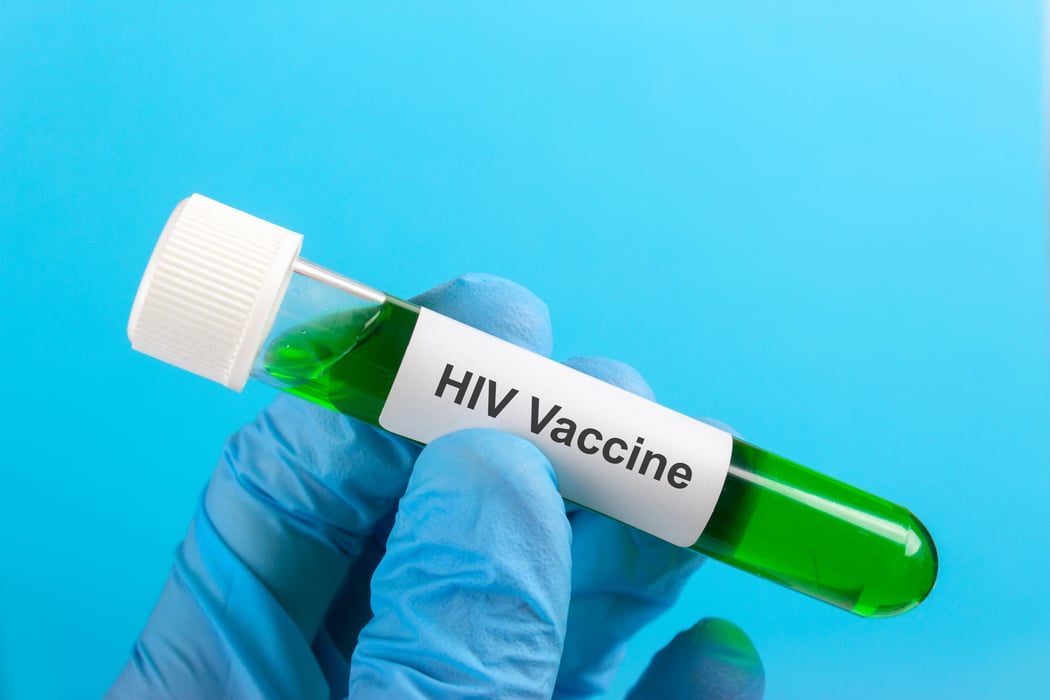Another Major HIV Vaccine Trial Fails

THURSDAY, Jan. 19, 2023 (HealthDay News) -- In yet another setback for the future of HIV prevention, the only HIV vaccine in a late-stage trial has failed, study leaders announced Wednesday.
Launched in 2019 as a partnership between the U.S. government and the pharmaceutical giant Janssen, the Mosaico trial was being conducted in eight European nations and the Americas, including the United States. Researchers had enrolled nearly 3,900 men who have sex with men and transgender people, all of whom are considered to be at high risk for HIV infection.
The decision to halt the trial came after an independent data and safety monitoring board reviewed the latest findings and saw no evidence the vaccine lowered the chances of HIV infection.
“It’s obviously disappointing,” Dr. Anthony Fauci, who as the former head of the National Institute of Allergy and Infectious Diseases (NIAID) partnered with Janssen in the trial, told CBS News.
Still, “there are a lot of other approaches” early in the HIV vaccine research pipeline that look promising, he added.
“I don’t think that people should give up on the field of the HIV vaccine,” Fauci said.
Along with NIAID and Janssen, the trial was run by the HIV Vaccine Trials Network and the U.S. Army Medical Research and Development Command.
This is only the most recent HIV vaccine failure: In August 2021, a separate trial that tested a similar vaccine among women in Africa was halted for a lack of efficacy.
NIAID spent $56 million on the two trials, an agency spokesperson told CBS News.
Both vaccines used a common cold virus to deliver what are known as mosaic immunogens. In theory, they should have triggered a strong immune response by including genetic material from a variety of HIV strains prevalent around the world, according to the National Institutes of Health. Mosaico carried an additional element that broadened the immune response.
Participants in Mosaico received four injections over 12 months, either of the vaccine or a placebo. The monitoring board found no significant difference in the HIV infection rates between the two groups.
Fauci noted that a critical limitation of the Mosaico vaccine was that it elicited non-neutralizing — as opposed to neutralizing — antibodies against HIV.
“It is becoming clear that vaccines that do not induce neutralizing antibodies are not effective against HIV,” Fauci noted.
The latest HIV vaccine efforts, including one that uses the mRNA vaccine technology behind some of the COVID-19 vaccines, may finally provide progress, Fauci added.
After years of research into an HIV vaccine, why has it been so hard to develop an effective shot? When it comes to HIV, the natural immune response to infection is not enough to stop the virus, Fauci explained.
“So, vaccines would actually have to do better than natural infection to be effective,” he said. “That would be a very high bar.”
More information
Visit the U.S. Department of Health and Human Services for more on HIV vaccines.
SOURCE: CBS News
Related Posts
Even When at Low Risk, Some Women Should Remove Fallopian Tubes to Avoid Ovarian Cancer: Experts
WEDNESDAY, Feb. 1, 2023 (HealthDay News) -- More women, even those at low risk...
El cerebro de los adolescentes desoye la voz de mamá de forma natural
VIERNES, 29 de abril de 2022 (HealthDay News) -- La voz de mamá podría ser...
Higher Plant Protein Intake Tied to Lower Risk for Chronic Kidney Disease
THURSDAY, Aug. 10, 2023 (HealthDay News) -- Greater dietary plant protein intake...
Global Rate of Stroke Cases, Deaths Still Too High
THURSDAY, Dec. 16, 2021 (HealthDay News) -- While strokes and related deaths...
